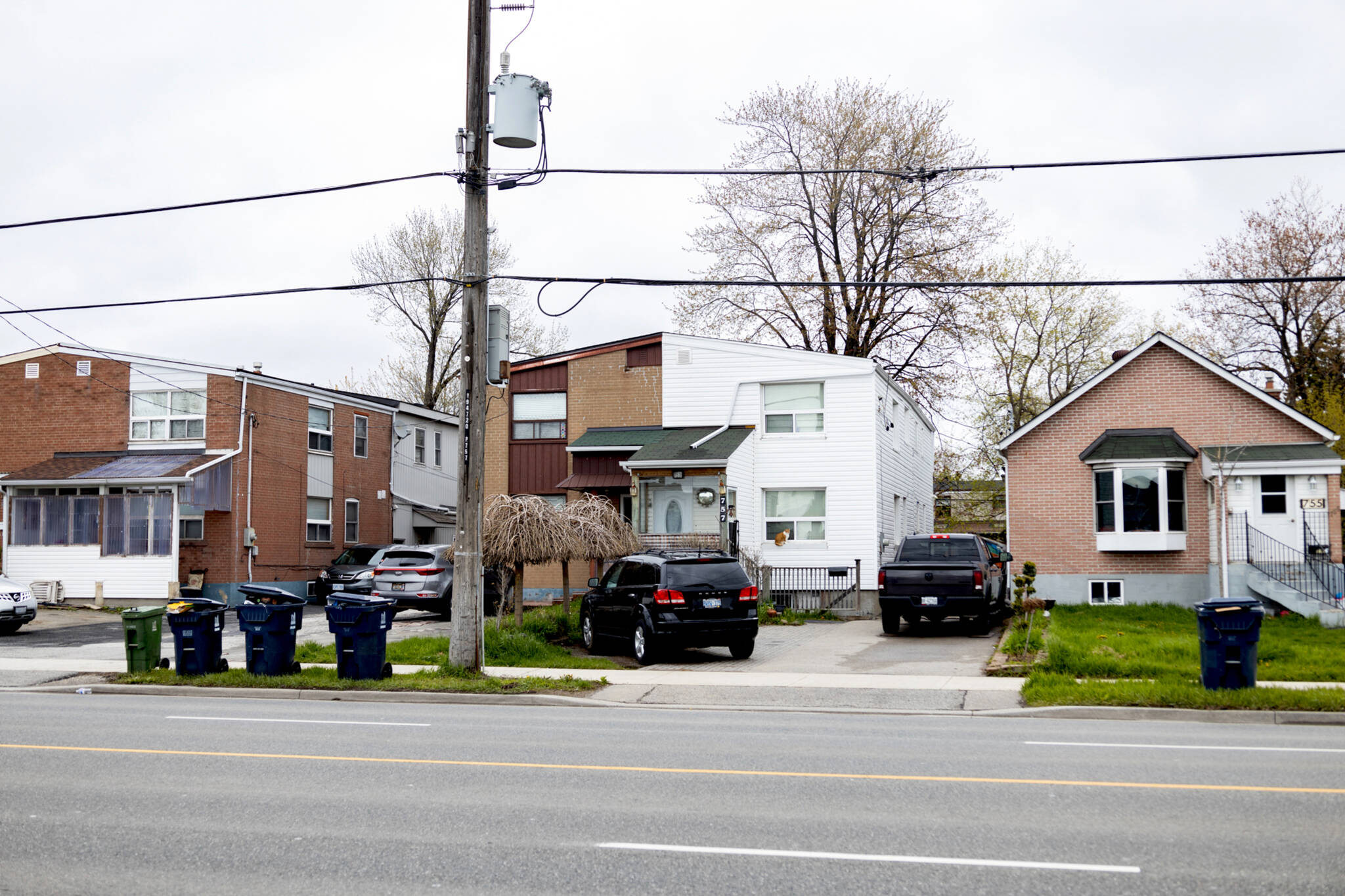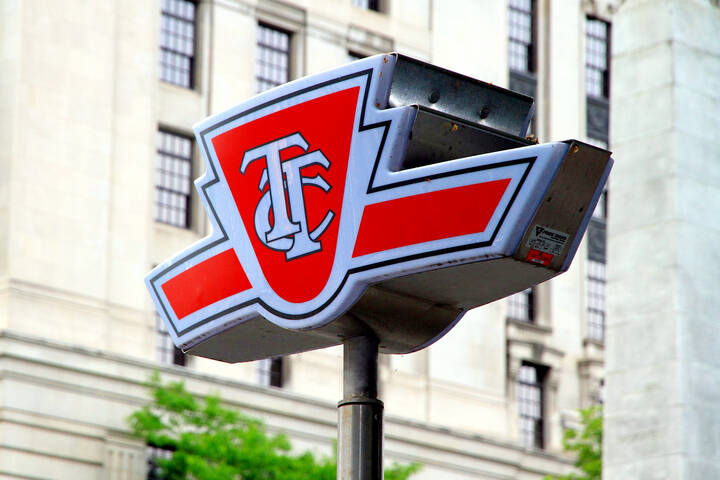
Here's how Canada's new tax-free first home savings account is going so far
The uptake in Canada's new First Home Savings Account (FHSA) has been strong over the program's first few months, according to new data by RBC.
As a measure to help improve housing affordability for first-time homebuyers, the federal government enacted the FHSA starting on April 1, 2023, providing banks with the ability to open this back account type, enabling Canadians to save for their first home tax-free and see added benefits.
The limit over the lifetime of 15 years is up to $40,000, with an annual contribution limit of $8,000. Any unused contribution portions can carry forward to the following year.
To qualify for the FHSA, Canadian residents between 18 and 71 must not have lived in a home they or their spouse owned in the last four years. Prospective homebuyers do not qualify if they intend to buy a home as an investment property.
According to RBC, 26 per cent of their FHSA holders have already contributed all or most of the $8,000 maximum annual amount, and the same percentage are contributing regularly using pre-authorized contributions.
Over half (56 per cent) of RBC’s FHSAs are held by individuals aged 25 to 34, followed by 20 per cent aged 35 to 44, 18 per cent aged 18 to 24, and 6 per cent aged 45 and over.
"We're seeing amazing interest in this new tax-free account, particularly among younger Canadians who are building a down payment for their first home," said Flora Do, RBC’s vice president for Investments Transformation & Client Segments, Personal Banking, and Investments, in a statement.
She notes "tens of thousands" of FHSA accounts have been opened since the program launched in early April.
As of June 30, over 5 per cent of RBC's FHSA holders have already made qualifying tax-free withdrawals for their down payment. They will also benefit from the available tax deduction for the 2023 calendar year.
Alternatively, FHSA funds that are not used to pursue homeownership can be used for eventual retirement. FHSA funds can be transferred tax-free into the Registered Retirement Savings Plan (RRSP) or the Registered Retirement Income Fund (RRIF) without impacting the contribution limits to those accounts.
The funds can also help homebuyers cover monthly or bi-monthly mortgage payments.
Not all financial institutions are offering FHSA, but RBC is amongst the initial adopters, with other major institutions set to roll them out soon, too. Both RBC and National Bank of Canada launched their FHSAs in mid-April.
TD Bank is expected to launch its FHSA before the end of Summer 2023, CIBC has announced a November 2023 launch, and BMO has announced a launch before the end of 2023.
Latest Videos
Latest Videos
Join the conversation Load comments







